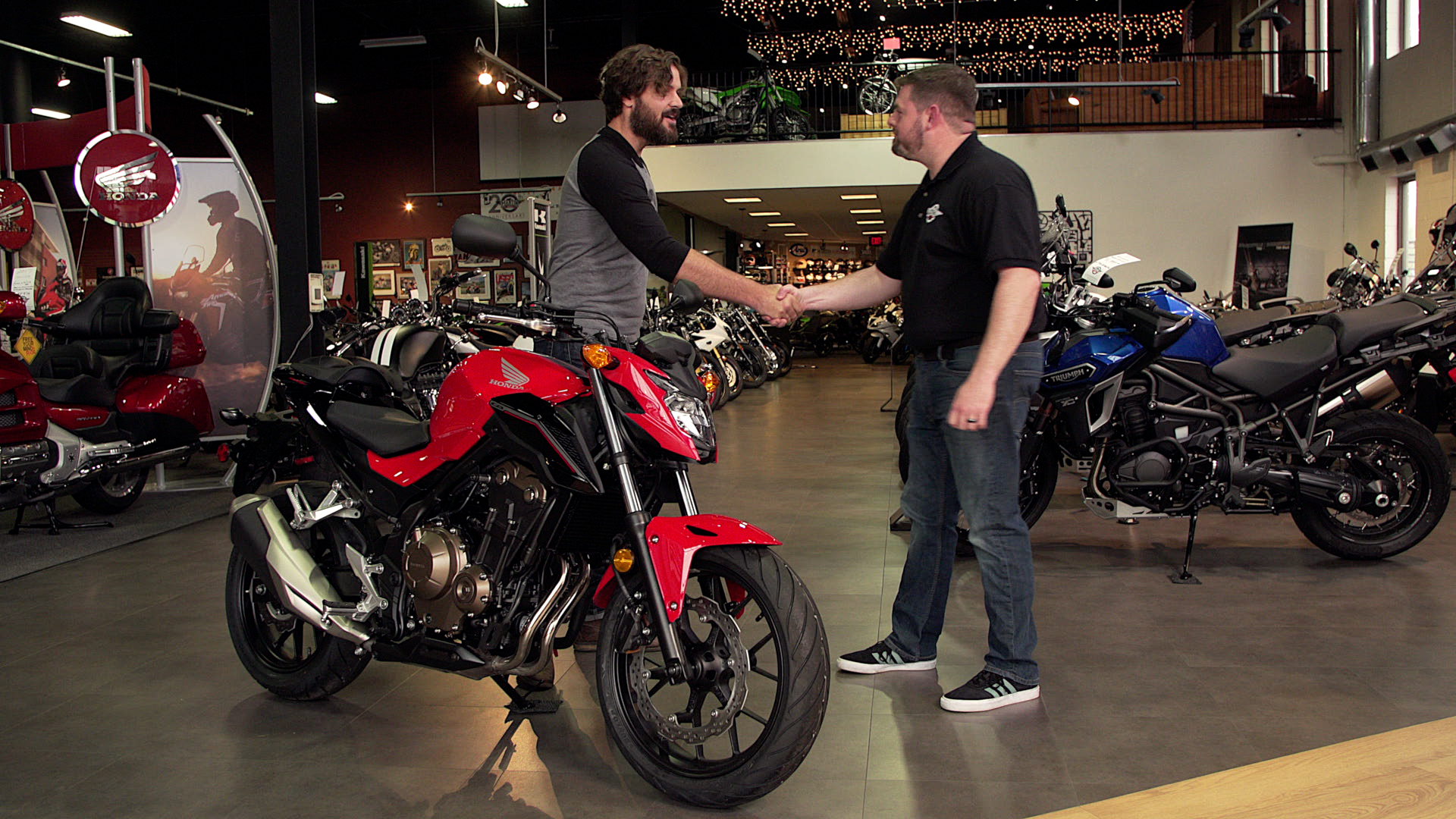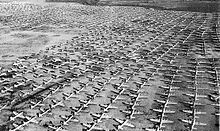" I would recommend that, if possible, do not position pressure on yourself to be lucrative right away since some kinds of service, such as blogging, are a long video game. Overall, my guidance is to do your finest, respond to feedback from your audience, and pivot your content or product appropriately." This post was initially released on.
Although we all use our checking account daily, the majority of us might not understand how banks really work. With checking accounts that pay you interest and complimentary ATM services, how do banks earn money? Well, you better believe banks are a company and profit is their leading concern. Let's enter into it! Basically, banks do not make a profit until they have your money, so drawing in and maintaining clients is key for banking institutions.

Like any company, banks have expenditures and profits streams that they tactically utilize in order to grow. Banks are known for charging penalties or repeating costs to account holders, but the main way they generate income is through loans. Below are the primary methods in which banks generate income. When you deposit your cash in a bank account, the bank uses that cash to make loans to other individuals and companies to whom they charge interest - finance how to make money fast.
However, they collect more interest on the loans they release to others than the amount of interest they pay to account holders like you. This, in turn, makes them a revenue. For example, your basic bank account might make you 1% each month, however the bank is using those funds (pooled together with lots of other accounts') to provide home mortgages at 4%, student loans at 12%, and credit cards at 20%.
Big banks can earn more than $50 billion each year on interest alone and comparable quantities on other product and services. By giving you pennies every month, the banking institution is making millions. Another method banks earn money is through routine or case-by-case fees. These might consist of: which are usually charged to your account monthly simply for being open.
An Unbiased View of What Jobs Make The Most Money In Finance
for not utilizing your account frequently enough. Be sure to look into this before opening an account you prepare to seldom use. when you spend more than you have in your account. You can prevent these by staying on top of your spending plan. from cost savings accounts, which have monthly caps mandated by the federal government.
if you choose not to get online declarations. Going paperless is more eco-friendly, simpler to track, and effective anyhow, so absolutely consider this alternative. for lost or stolen debit cards. if you use specific ATMs outside of your bank's network. if you deposit somebody else's bad check, even if you do so unwittingly.
While swiping your debit or credit card is typically complimentary to you, a deal or processing charge called interchange is generally generated. This charge is charged by your bank to the merchant's bank (merchant being the store where you made the purchase) as a portion of your deal. The merchant's bank then subtracts this fee and their own processing fee, from the cost of your purchase.
At the same time, the banking celebrations included make cash from fees that the coffee shop needs to pay. This is why in some cases you'll see minimum purchase requirements in specific shops, as these costs can build up quickly. Just like any other service, banks likewise have their share of costs they require to pay to keep things running.
These costs include basic operational spending like staff member incomes and advantages, equipment and IT, lease, taxes, and expert services like marketing. On the other hand, banks likewise have "interest expenditures," which are the cost of interest on loans they secure, similar to https://brookshshs091.creatorlink.net/the-ultimate-guide-to-what-is-deriv you pay when you secure a loan.
Not known Incorrect Statements About How Much Money Does Finance Make
When you deposit cash in your checking account, you're paying an "opportunity expense". This means, instead of investing that cash yourself, you're permitting the bank to make a profit using your money. In exchange, you'll get a safe and secure location to save your cash and you'll make a really little interest percentage.
As soon as you do this, you can identify just how much to put in the bank and just how much to invest somewhere else. Here are some essential things to try to find in a bank. The first thing you should try to find in a bank is that it's guaranteed by the FDIC. If it is, that implies you're covered for losses of a minimum of $250,000 if the bank fails.
Examine whether or not the costs use to you, if the fees deserve it in exchange for any benefits, and if there's a method to waive or prevent the charges. Consider this: An $8 regular monthly upkeep cost over the course of 5 years is nearly $500. If you believe that $500 could be better invested or invested, make your options accordingly (how to use google finance to simulate how much money you make).
You're not restricted to the closest or best-known bank. While it might be helpful to ask around, do your own research study due to the fact that many individuals choose a bank out of benefit, instead of digging into all the aspects at play. There are many alternatives that each have their own pros and cons.
While their customer support might have extended hours, it may likewise be less personal because of the volume of clients they handle day-to-day. You are a lot more likely to have account charges with these larger banks. These community-focused banks may do more to give back and promote the regional economy - how to make money in finance and felony.
Everything about Finance How To Make Money Fast
Their services may be restricted compared to their bigger rivals, and if you travel frequently, you might miss the convenience of far-reaching areas. Very comparable to local banks in service, cooperative credit union have a not-for-profit structure and are owned by the customers. (Basic banks are investor-owned.) This implies you end up being a partial owner when you open a cooperative credit union account and deposit cash.
However, these smaller organizations have less reach than the huge names in banking. Having ditched the brick-and-mortar, online banks operate entirely on the webthis is both an advantages and disadvantage depending upon your relationship with technology. Electronic banking is typically free and may even pay higher rate of interest on accounts than traditional banks.
Some big banks do provide online banking, so this may be a hybrid alternative for you. Fortunately is, there are plenty of choices out there to help you manage your money. The tricky part is determining which is the finest fit. Don't hesitate to go shopping around before dedicating.

" Make your cash work for you" is such typical individual finance suggestions that it surrounds on being clich. But what does it in fact suggest? And more significantly, how can you do it?There's no simple answer or a single way to do it. In reality, nearly everybody can discover a minimum of one method to put their cash to work.